Optical Lenses
Eyewear Expertise – QC for Optical Lenses
Optical lenses are traditionally purchased by opticians and optical retailers, to be used in everyday optics, prescription (clear / tinted) glasses, driving glasses, ready-to-wear / custom-made reading glasses, and other types of prescription eyewear made to order. Compliance of ophthalmic lenses is paramount to the quality, performance and corrective properties of the finished eyewear.
According to European Regulation (EU) 2017/745, optical lenses are categorized as a medical device.
QIMA offers lab tests for optical lenses, including dimension, mechanical, optical, radiation, aging, and other tests. Our accredited testing help you ensure that your product meets the requirements of your destination market and international standards.
Dedicated Eyewear Testing Labs
QIMA has accredited lab facilities to provide every type of test required to ensure the quality of your optical lenses.
Our laboratory is an accredited laboratory under ISO/IEC 17025 standard. We offer a wide variety of testing services for eyewear products and help you ensure compliance of your optical lenses with all applicable international and national standards, including:
- International: ISO 14889, ISO 21987
- Europe: EN ISO 14889, EN ISO 21987
- USA: ANSI Z80.1
- China: GB 10810 (sections 1-3), GB/T 13511
- Australia / New Zealand: AS/NZS ISO 14889, AS/NZS ISO 21987
Accredited Lab Testing for Optical Lenses
Our dedicated eyewear testing laboratory offers the largest available range of tests to check the chemical, geometric, and optical characteristics of your lenses against all relevant international standards, including:
- Anti-abrasion coating, for ISO / EN ISO / AS/NZS ISO 8980.5, GB 10810.5, and ANSI Z80.1
- Anti-reflective coating, for ISO / EN ISO / AS/NZS ISO 8980.4, ANSI Z80.1, and GB 10810.4
- Driving lens requirements, for ISO / EN ISO / AS/NZS ISO 8980.3, ANZI Z80.1, and GB 10810.3
- Flammability test, for ANSI Z80.1
- Hard coating durability, for GB 10810.5 (enhanced abrasion resistance method)
- Lens coating stability against cosmetic or cleaning solvents (in-house methods)
- Lens geometric size and thickness tolerances, for ISO / EN ISO / AS/NZS ISO 8980.1, ANSI Z80.1, and GB 10810.1
- Lens mechanical strength (minimum robustness), for ISO / EN ISO / AS/NZS ISO 14889
- Lens positioning, for ISO / EN ISO / AS/NZS ISO 8980.2, ANSI Z80.1, and GB 10810.2
- Lens resistance to ignition, for ISO / EN ISO / AS/NZS ISO 14889
- Lens surface quality, for ISO / EN ISO / AS/NSZ ISO 14889, ISO / EN ISO 8980.1, ANSI Z80.1, and GB 10810.1
- Luminous transmittance and transmittance, for ISO / EN ISO / AS/NZS ISO 8980.3, ANSI Z80.1, and GB 10810.3
- Mounted pair lenses, for ISO / EN ISO / AS/NZS ISO 21987 and ANSI Z80.1
- Multifocal and single lens optical powers and tolerance, for ISO / EN ISO / AS/NZS ISO 8980.1, GB 10810.1, and ANSI Z80.1
- Progressive power lens optical powers and tolerance, for ISO / EN ISO / AS/NZS ISO 8980.2, GB 10810.2, and ANSI Z80.1
- Resistance to extreme temperatures (aging test): thermal stability, low-temp stability, etc.
- Resistance to optical radiation (aging test), for ISO / EN ISO / AS/NZS ISO 8980.2, GB 10810.2, and ANSI Z80.1
- Resistance to UVA/UVB radiation (aging test, in-house methods)
- Single vision lens optical powers and tolerance, for ISO / EN ISO / AS/NZS ISO 8980.1, GB 10810.1, and ANSI Z80.1
Custom testing programs can be prepared to suit your in-house specifications and quality control procedures. Get in touch with us, and our specialists will give you an instant quote for your eyewear testing needs.
Learn more about quality control services and lab tests we offer for other eyewear categories:

Thông tin chi tiết về chuỗi cung ứng







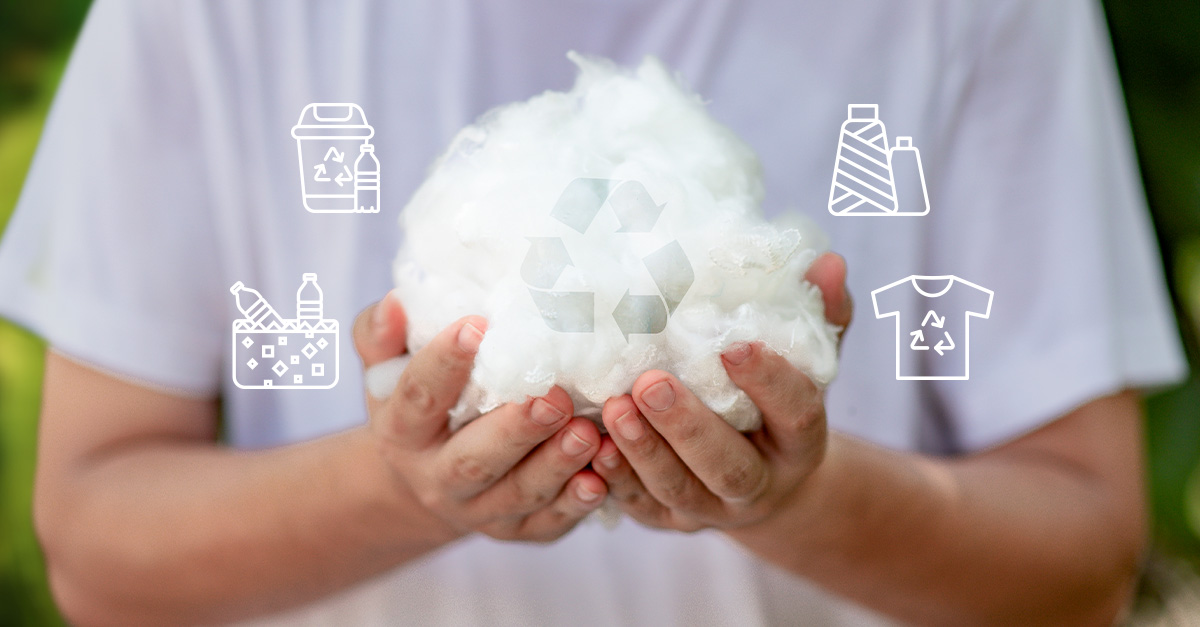
While many brands and suppliers are making efforts to incorporate recycled polyester fabrics into their products, it remains challenging to verify the authenticity and quantity of recycled polyester in these items. This presents a dilemma for consumers who want to make informed choices.



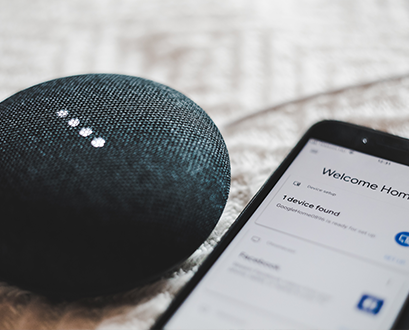



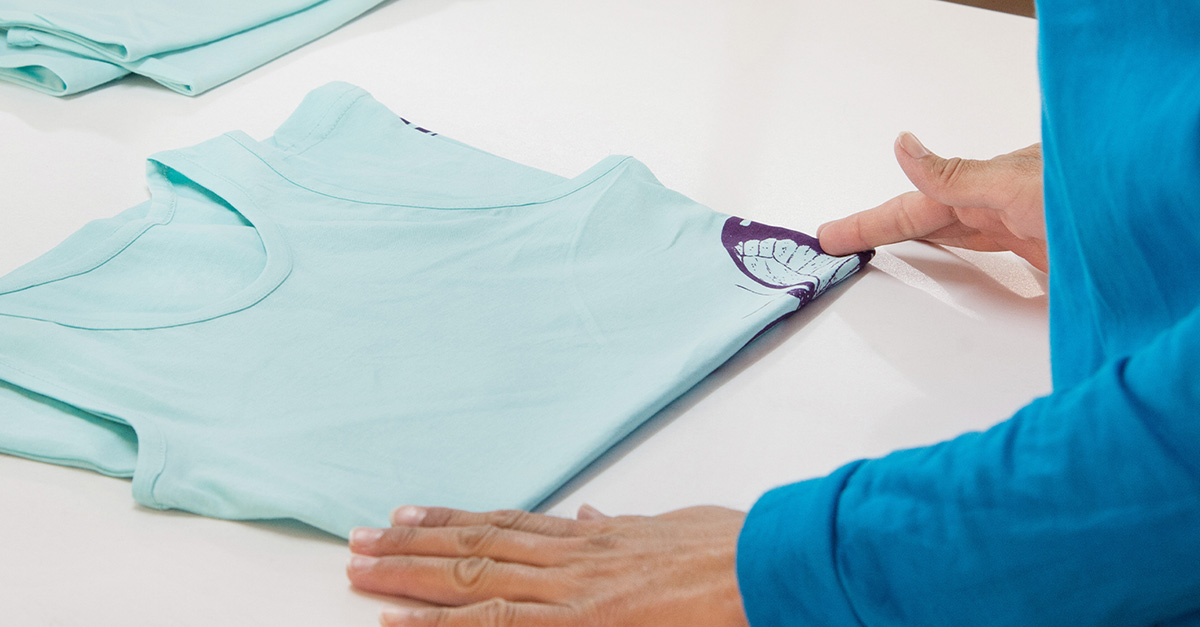
















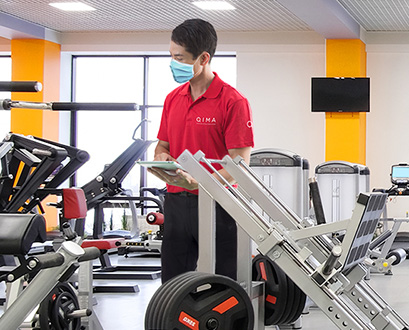
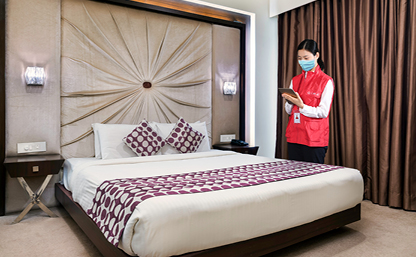
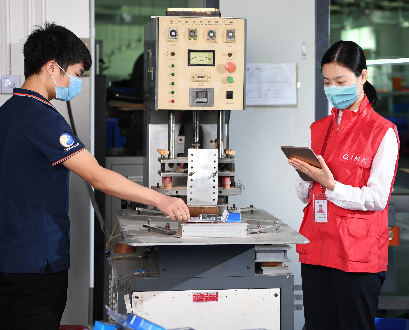



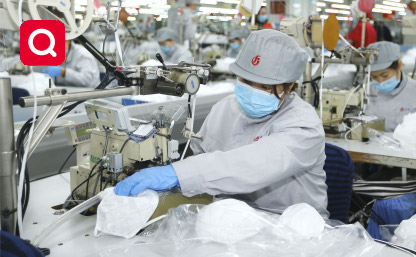
















































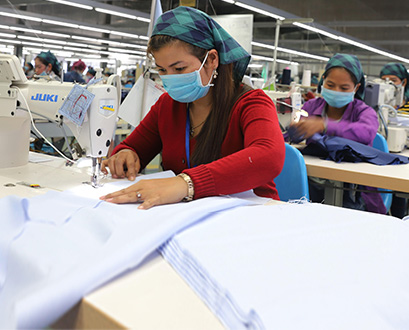
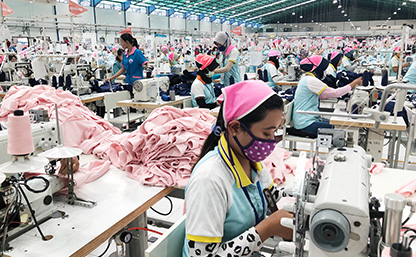

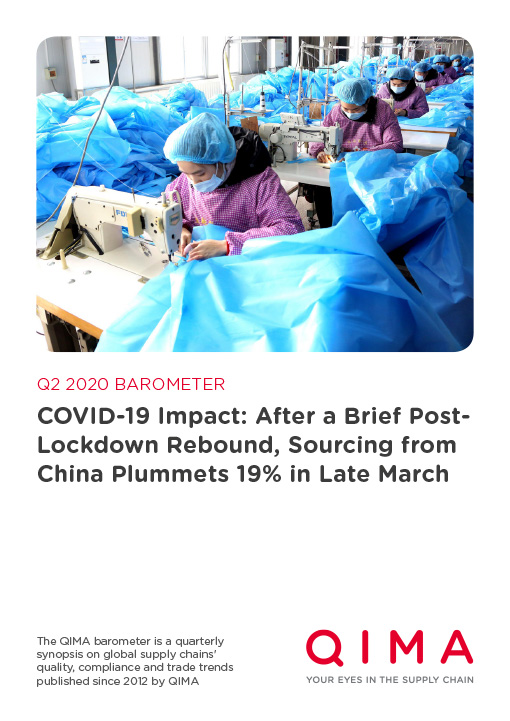



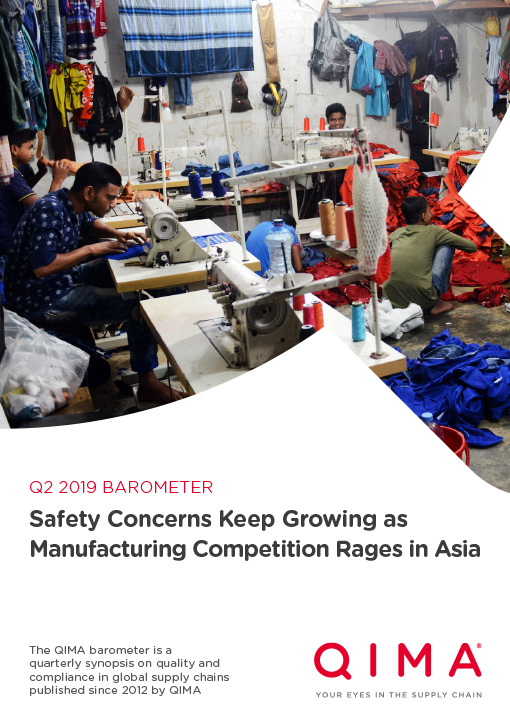
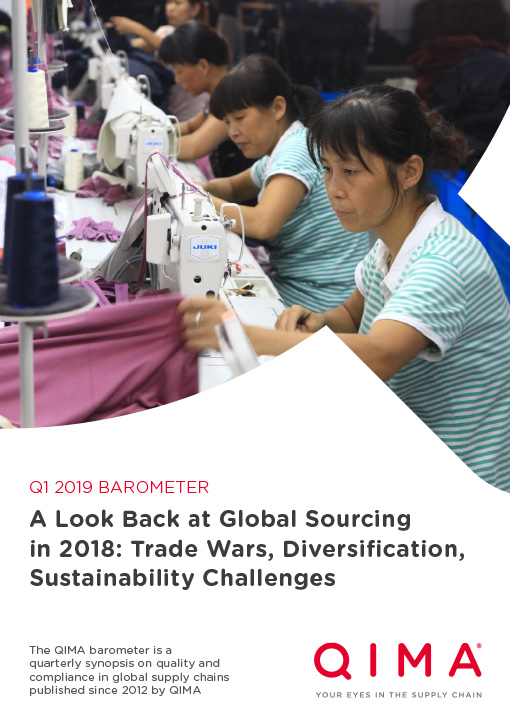




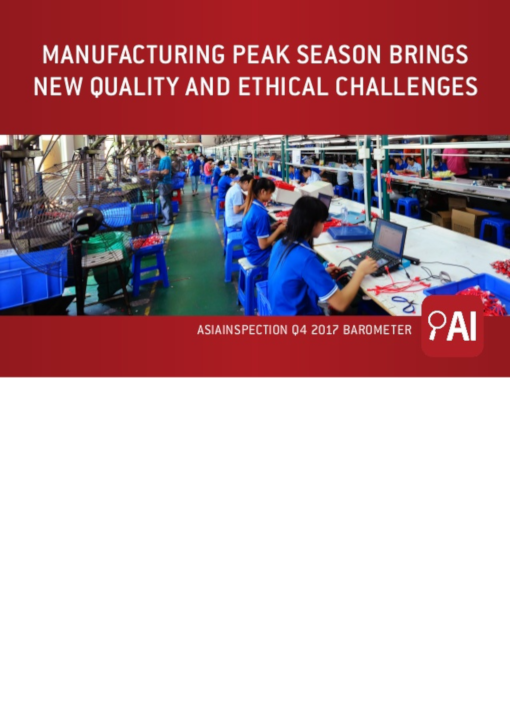

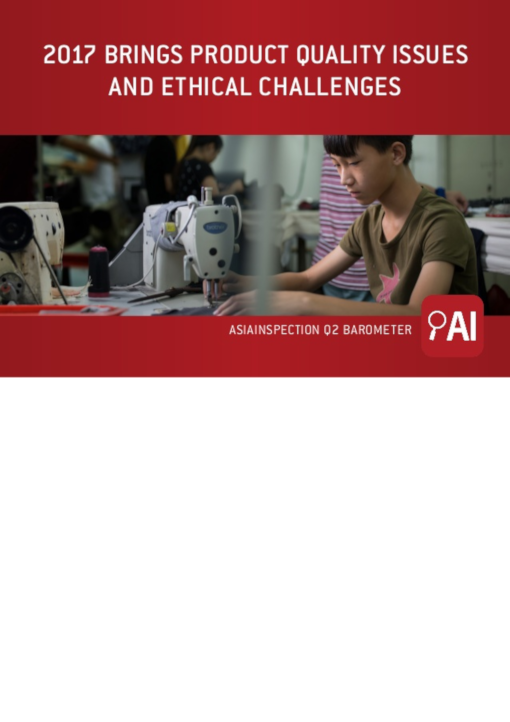
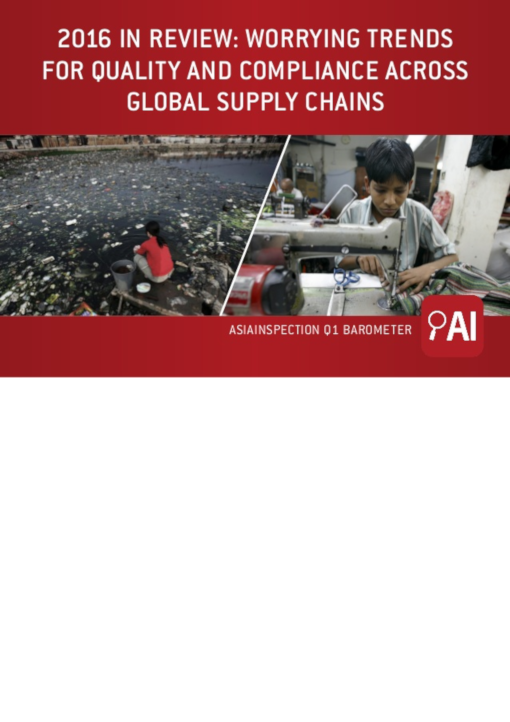
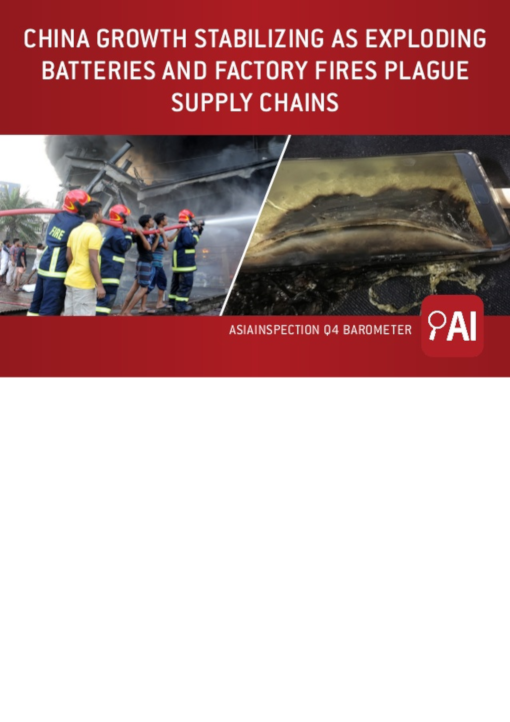





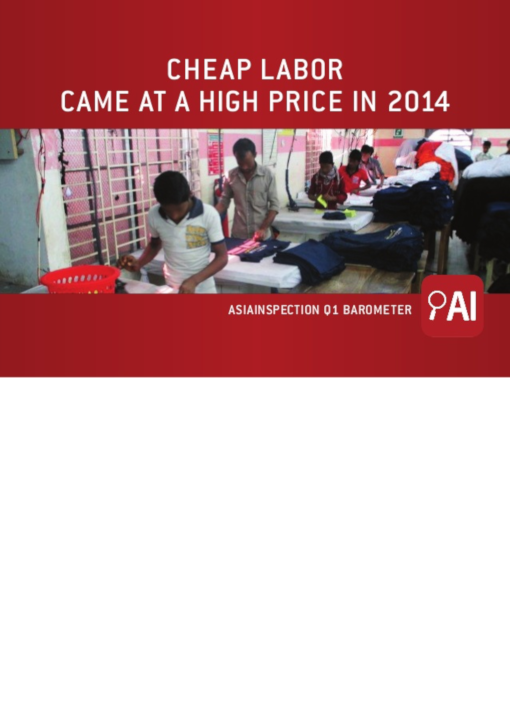
 Xem Demo
Xem Demo
